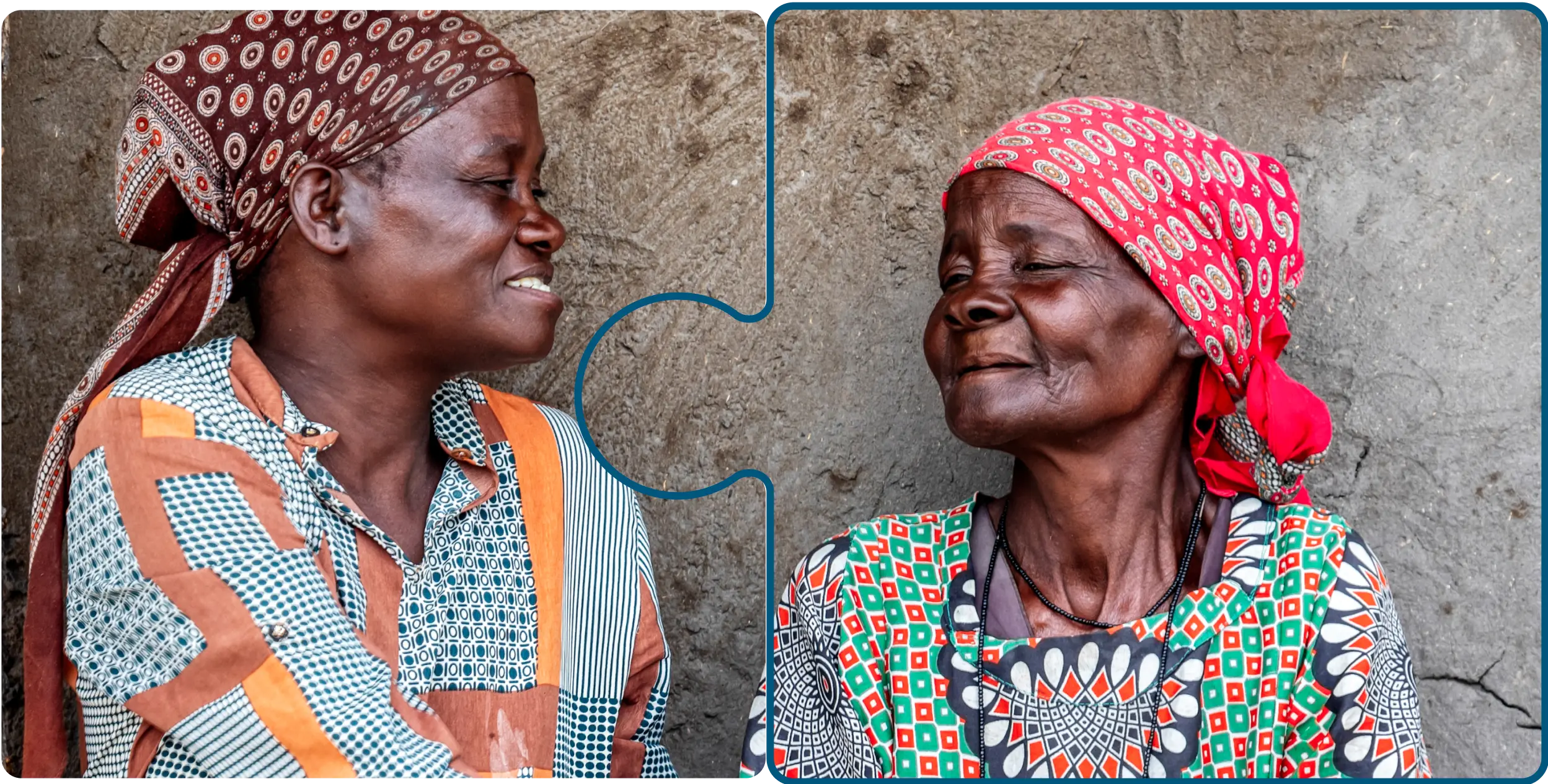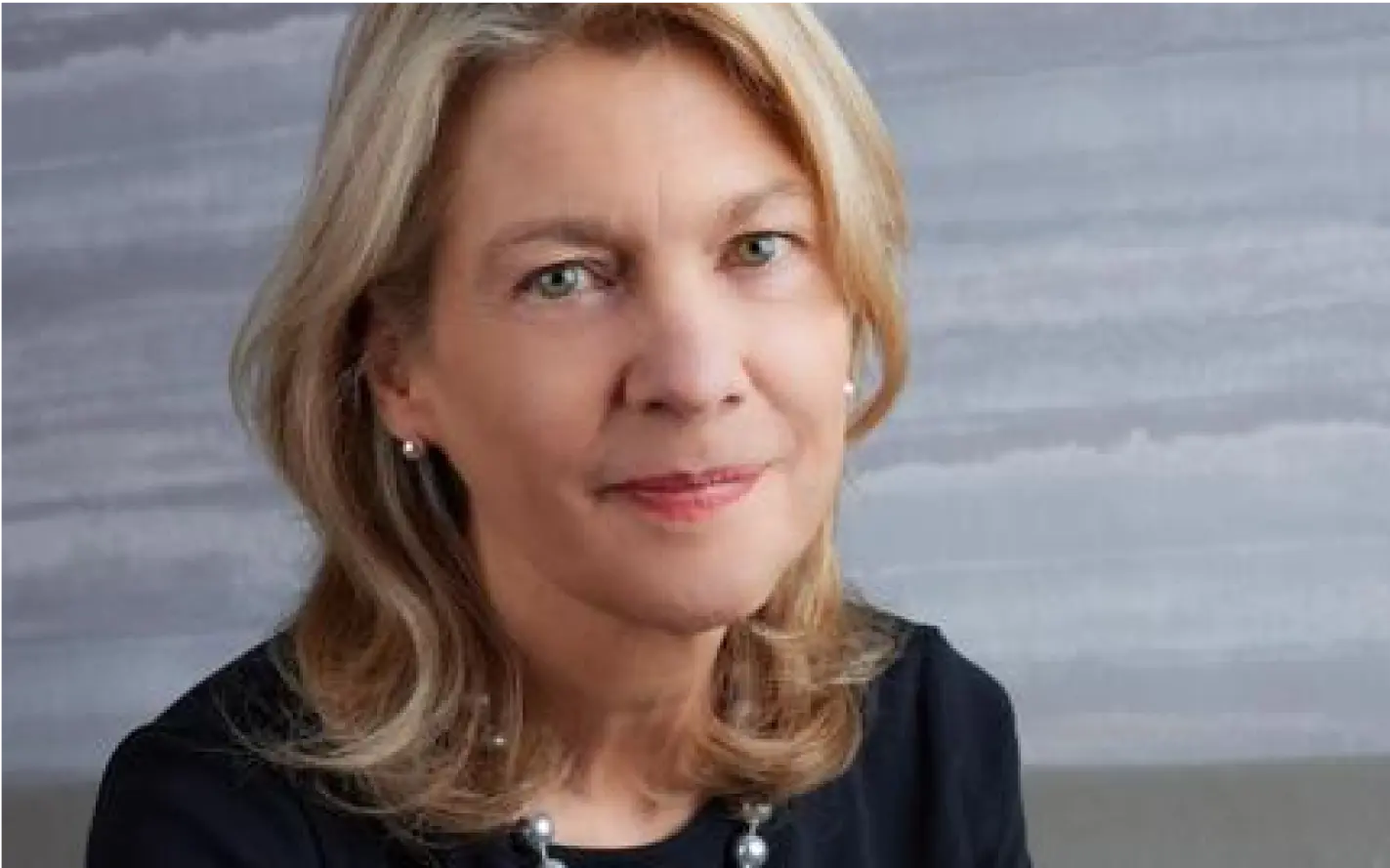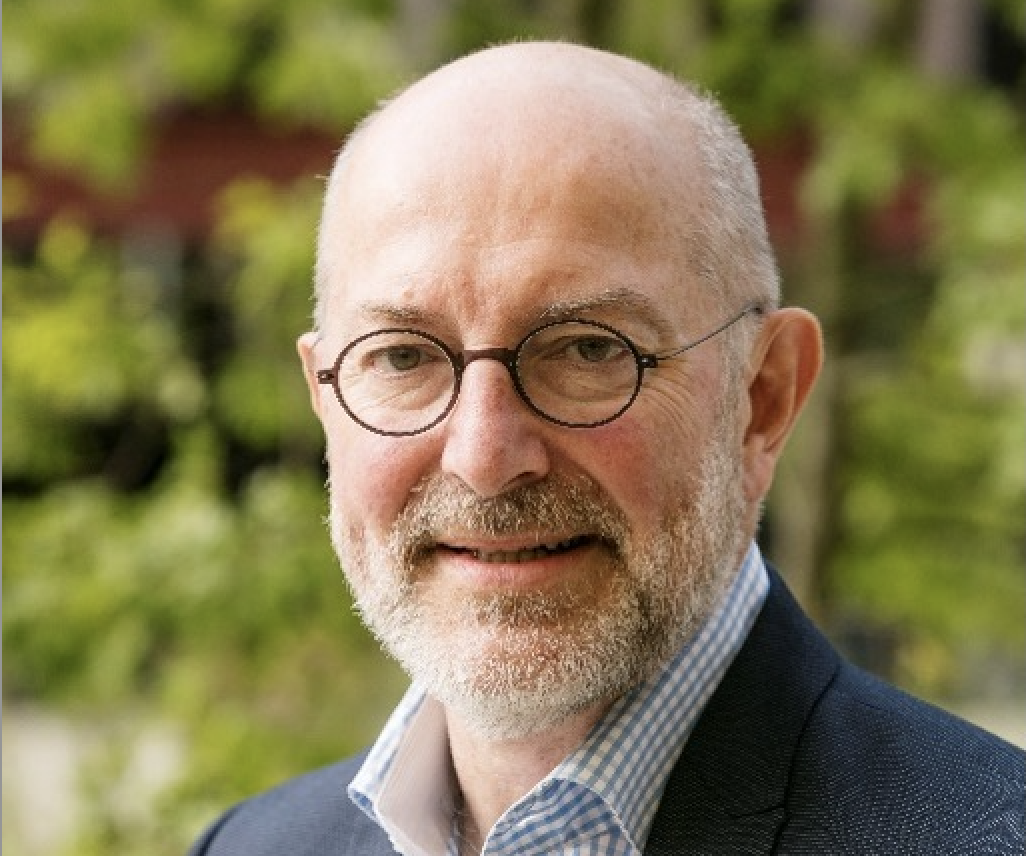The Global Listening Project seeks to ensure that those most affected by a crisis are heard and their experiences inform response efforts.
We believe in empowering individuals to build stronger, more resilient societies, better prepared to face future crises. We do this through active listening and dialogue, gathering sentiments, experiences and perspectives from communities worldwide to help inform policies and programs, bridging the gap between decision-makers and communities.
Our commitment to this vision drives our continuous efforts to foster the societal cohesion and mutual trust required to create a more equitable world.

When a crisis occurs, all societies mobilise to respond as best they can in the moment. However, the success of that response depends in part on how well those impacted are able and willing to cooperate, trust each other, trust technology and trust the guidance from government and the science that drives those recommendations.
The COVID-19 pandemic has left many publics feeling ignored and unheard – especially younger generations.
We believe that a society that listens and responds to the voices of its members is better equipped to build resilience and respond to crises when they occur.

Prof. Heidi J. Larson, PhD, is an anthropologist and Director of The Vaccine Confidence Project; Professor of Anthropology, Risk and Decision Science, Department of Infectious Disease Epidemiology, London School of Hygiene & Tropical Medicine; Clinical Professor, Institute of Health Metrics & Evaluation, University of Washington, Seattle; Guest Professor at the University of Antwerp, and a Chatham House Centre on Global Health Security Fellow.
Prof. Larson previously headed Global Immunization Communication at UNICEF, chaired Gavi’s Advocacy Task Force, and served on the WHO SAGE Working Group on vaccine hesitancy. She is author of STUCK: How Vaccine Rumors Start – and Why They Don’t Go Away (Oxford University Press, 2020). In 2021, she was awarded the Edinburgh Medal and BBC named her as one of the 100 most influential women in the world.

Prof. Dr. Pierre Van Damme obtained his MD from the University of Antwerp in 1984 and been active in vaccine research for more than 35 years. He has been full professor in Vaccinology at the University of Antwerp Faculty of Medicine and Health Sciences since 2000.
Pierre Van Damme is heading the Centre for the Evaluation of Vaccination (CEV, University of Antwerp), which he founded in 1994. The CEV is a WHO Collaborating Centre for the WHO European Region for the control and prevention of infectious diseases. Since 1985 the Centre has conducted more than 500 vaccine trials within the trial unit of the Centre for the Evaluation of Vaccination. He is also director of Vaccinopolis.
Nancy Lee is a Programme Director in Global Health and Health Policy at Wilton Park, an Executive Agency of the UK Foreign, Commonwealth & Development Office that brings together experts, policy makers and decision takers to solve complex global issues and supports UK foreign policy development.
Luc Debruyne is Strategic Advisor to the CEO of CEPI, and former member of the Corporate Executive Team member of GlaxoSmithKline (GSK) where, over the course of a 27-year career, he rose to President of Global Vaccines.
He established GSK as the top vaccines company worldwide, leading the launch of several successful vaccines including Shingrix, for shingles, and expanded the company’s US presence. Broad functional leadership experience includes research and development (R&D), commercial, manufacturing and quality operations.
He currently is an active contributor in the global health arena and promotes sustainable business practices.
Ann Aerts, M.D, Head of the Novartis Foundation
Dr. Irene Agyepong, Full-time Faculty in the Department of Health Policy, Planning, and Management, University of Ghana School of Public Health
Professor Sanjoy Bhattacharya, Professor of the History of Medicine, Leeds University
Dr. Charbel El Bcheraoui, Head of Evidence-Based Public Health, Center for International Health Protection at Robert Koch Institute
Dr. David Bersoff, Head of Research, Edelman Trust Institute
David Blazes, Deputy Director, Vaccine Development & Surveillance – Modelling and Pathogen Genomic Sequencing, The Bill & Melinda Gates Foundation
Dr. Thomas Bollyky, Global Health Program Director, Council of Foreign Relations, Adjunct Professor of Law, Georgetown University
Serge Dumont, Co-Founder and Vice Chairman, ImpactWayv Inc, Former Vice Chairman, Omnicom
Professor Stefanie C. Friedhoff, Associate Professor of the Practice of Health Services, Policy and Practice, Brown University
Professor Emmanuela Gakidou, Professor of Health Metrics Sciences and the Director of Health Systems at the Institute for Health Metrics and Evaluation (IHME), University of Washington
Dr. Bruce Gellin, Chief of Global Public Health Strategy, Rockefeller Foundation
Dr. Kenneth Hartigan-Go, Head of Zuellig School of Development Management
Dr. Johanna Hanefeld, Head of Department Centre for International Health Protection, Robert Koch- Institute
Kathryn Hashey, Director, Government Affairs (Vaccines), GSK
Dr. Chikwe Ihekweazu, Assistant Director-General, WHO Hub for Pandemic and Epidemic Intelligence
Minne Iwamoto, Director, Global Health, GSK
Dr. Nagham El Karhili, Program Associate, Global Internet Forum to Counter Terrorism (GIFCT)
Professor Patricia Kingori, Professor of Global Health Ethics at Ethox (Oxford Population Health), University of Oxford
Chor Pharn Lee, Principal Foresight Analyst, Centre for Strategic Futures
Professor Gabriel Leung, Former Dean of Li Ka Shing Faculty of Medicine, University of Hong Kong, Executive Director, Charities and Community, The Hong Kong Jockey Club
Dr. Joanne Liu, Former International President, Médecins sans Frontières, Professor at the School of Population and Global Health, McGill University
Professor Rafael Lozano, Professor of Health Metrics Sciences and the Director of Health Systems at the Institute for Health Metrics and Evaluation (IHME), University of Washington
Steffen Pierini Lüders, Senior Vice President, Communication, Public Affairs, and International Collaboration, Novo Nordisk Foundation
Dr. Gustavo Matta, Public Health Researcher, Oswaldo Cruz Foundation
Nick Moon, Secretary, British Polling Council
Professor Hitoshi Oshitani, Professor of Virology, Tohoku University Graduate School of Medicine
Prasada Rao, Special Envoy, The UN Secretary General
Andrew Rosen, Senior Director, Integrated Evidence Team Leader, Moderna
Yan Sergerie, Director (Global Medical Affairs, Vaccines), GSK
Mariana Servin, Head of Global Insights (Respiratory Vaccines), Moderna
Dr. Monica Schoch-Spana, Medical Anthropologist and Senior Scholar, Johns Hopkins Center for Health Security
Caitlin Semo, Head of Partnerships, Edelman Trust Institute
Elhadj As Sy, Chair of the Board, Kofi Annan Foundation
Beatriz da Costa Thomé, Physician, Preventive Medicine Department, Federal University of São Paulo, Brazil
Dr. Tamara Giles-Vernick, Permanent Researcher, Anthropology and Ecology of Disease Emergence, Institut Pasteur
Ivo Vojtek, Head of Medical and Development Vaccines (Japan), GSK
Marloes Van Wouw, Senior Project Manager (R&D), GSK
Dr. Erin Saltman, Director of Programming, Global Internet Forum to Counter Terrorism (GIFCT)
Dr. Mathuram Santosham, M.D, Founder and Director Emeritus of the Center for Indigenous Health, Johns Hopkins University





















